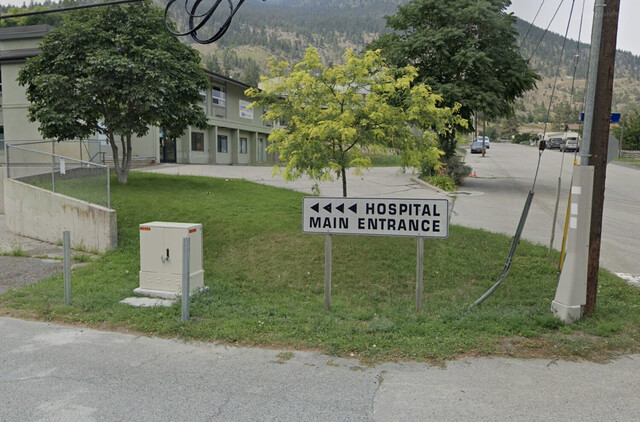As darkness falls over Lillooet tonight, residents will face a concerning gap in emergency medical services. The Lillooet Hospital and Health Centre’s emergency room will shut its doors from 8 p.m. Monday until 8 a.m. Tuesday, leaving the community without local emergency care during crucial overnight hours. Interior Health confirmed this temporary closure is due to “limited physician availability” – a recurring challenge that continues to plague rural healthcare facilities across British Columbia.
“These closures create a dangerous situation for our community,” says Maya Thompson, a Lillooet resident and healthcare advocate. “When minutes count in an emergency, having to travel over an hour to the next available facility could mean the difference between life and death.”
This isn’t the first time Lillooet’s emergency services have faced interruption. The facility experienced similar closures in recent months, highlighting the persistent staffing challenges in rural healthcare. According to Interior Health data, Lillooet Hospital has seen emergency department closures totaling nearly 100 hours since January, significantly more than the previous year.
During the closure, Interior Health advises residents requiring emergency care to call 911 for ambulance transport to alternative facilities. However, this creates additional strain on ambulance services already stretched thin across the region. For non-urgent matters, patients are directed to call HealthLink BC at 811 for guidance from a registered nurse.
The crisis in Lillooet reflects a broader issue affecting Canada’s healthcare system, particularly in rural communities. According to the Canadian Medical Association, nearly 20% of Canadians living in rural areas report difficulty accessing emergency services within a reasonable distance, compared to just 4% in urban centers.
Dr. James Wilson, a healthcare policy analyst at the University of British Columbia, explains, “The staffing shortages we’re seeing in places like Lillooet are symptomatic of deeper structural issues in how we train, recruit, and retain healthcare professionals for rural practice. Without comprehensive policy changes at provincial and federal levels, these gaps will continue to widen.”
Local officials are working with Interior Health to develop long-term solutions, including improved recruitment strategies and potentially higher compensation packages for physicians willing to work in underserved areas. Meanwhile, community members have organized a grassroots campaign to advocate for stable healthcare services, gathering over 1,500 signatures on a petition demanding immediate provincial intervention.
As Lillooet residents prepare for tonight’s closure, the question remains: how many more emergency service interruptions must rural communities endure before meaningful, sustainable solutions are implemented? The answer may determine the future viability of healthcare in Canada’s small towns and the wellbeing of millions who call them home.











